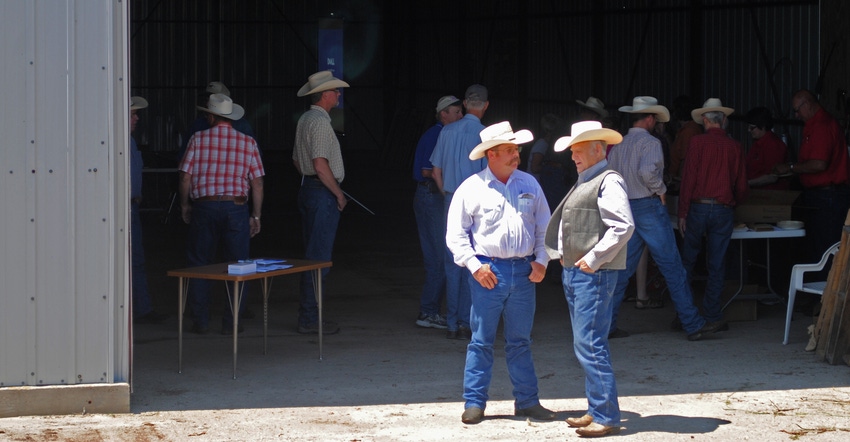October 5, 2020

I grew up during the 1980s farm crisis. After graduating from high school and entering college in fall 1982, the crisis was just ramping up across Nebraska — with local banks being sold or reorganized, and farmers and their loans caught in the middle. It was a scary time to be a farm kid, with deep aspirations to come back to the farm for his livelihood.
Farm families were devastated. Stress levels among family farmers, my parents included, were off the charts. My folks joined a local support group for farmers worried about their financial futures, meeting regularly in a church basement.
Whenever I phoned home to talk with my dad, I could hear the worry in his voice. Headlines in urban newspapers talked about the crisis, not only for farmers, but also for farming communities across the country.
In the end, we pulled out of the crisis and were able to continue to farm, stronger than ever. Many were not so fortunate. But the experience of that financial struggle has never left me.
As I farmed with my parents and on my own for the next 25 years, the crisis of the 1980s shaped how I made management decisions. Often, they informed me in a positive way that only personal struggles can.
While financial struggles continue, the floods of 2019 and the pandemic of 2020 have offered a new set of challenges that are both financial and personal for those working on farms across the region.
Young farmers especially, like I was back in the 80s, will recall these events again and again as they make decisions related to cropping systems, livestock strategies, marketing plans and machinery purchases.
Going through extreme uncertainty and sacrifices makes you very conservative when you plan for the future. For me, the experiences of the 1980s made me think twice about any equipment purchases. When developing income projections for the future, I always expected lower-than-normal cash flow, and planned for my expenses to be much higher than usual.
More times than not, I was right. Sometimes, I couldn’t do anything to change the trajectory, but when things didn’t work out as I had hoped, at least I had a Plan B.
Farmers in general are very optimistic. However, when we are faced with crisis as we are now, thinking about what we would do in the future when situations out of our control take hold of our production practices and markets will help us survive very hard times. Tough times make tough people.
Yet, when going through dark times, it is helpful to have a few close friends to share those experiences with and to open up to about your situation. Sharing our difficulties in a safe environment, like my parents did with their support group during the 1980s, can help us shoulder the burdens and come up with plans to make it through.
Secondly, planning ahead for the worst-case scenario is not something we want to do, but it is something that could save us when the chips are down.
You May Also Like




